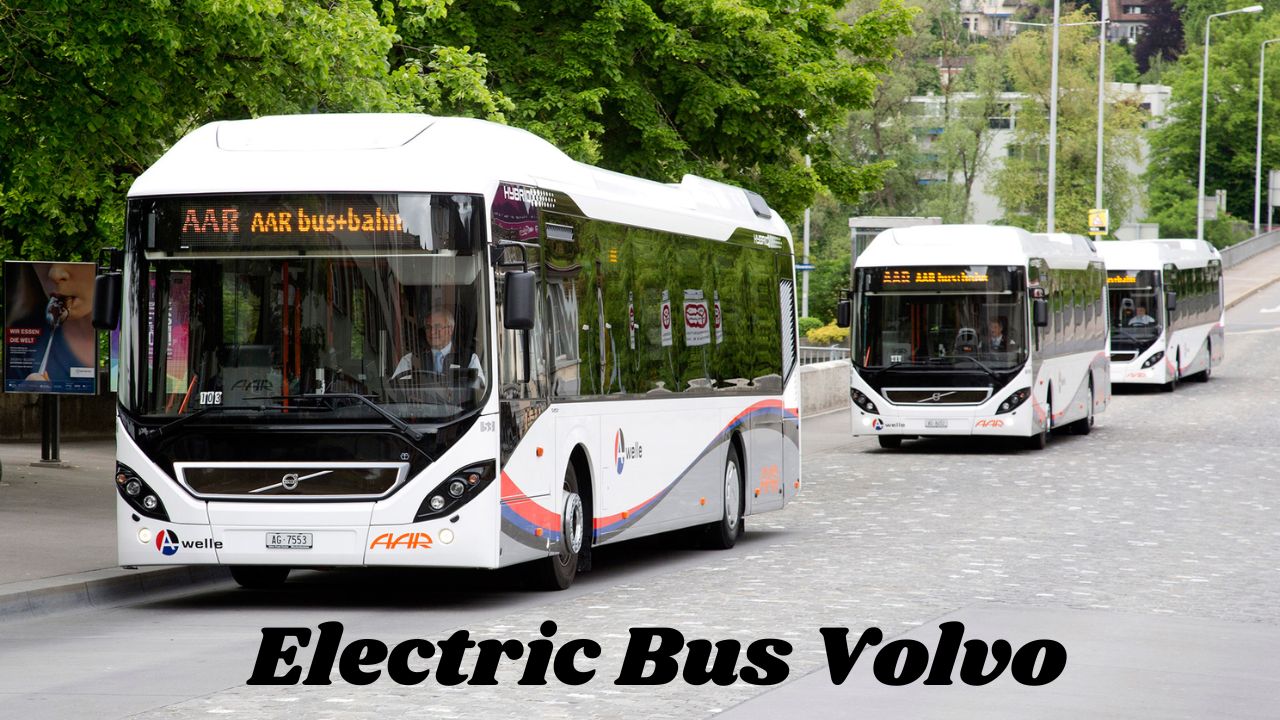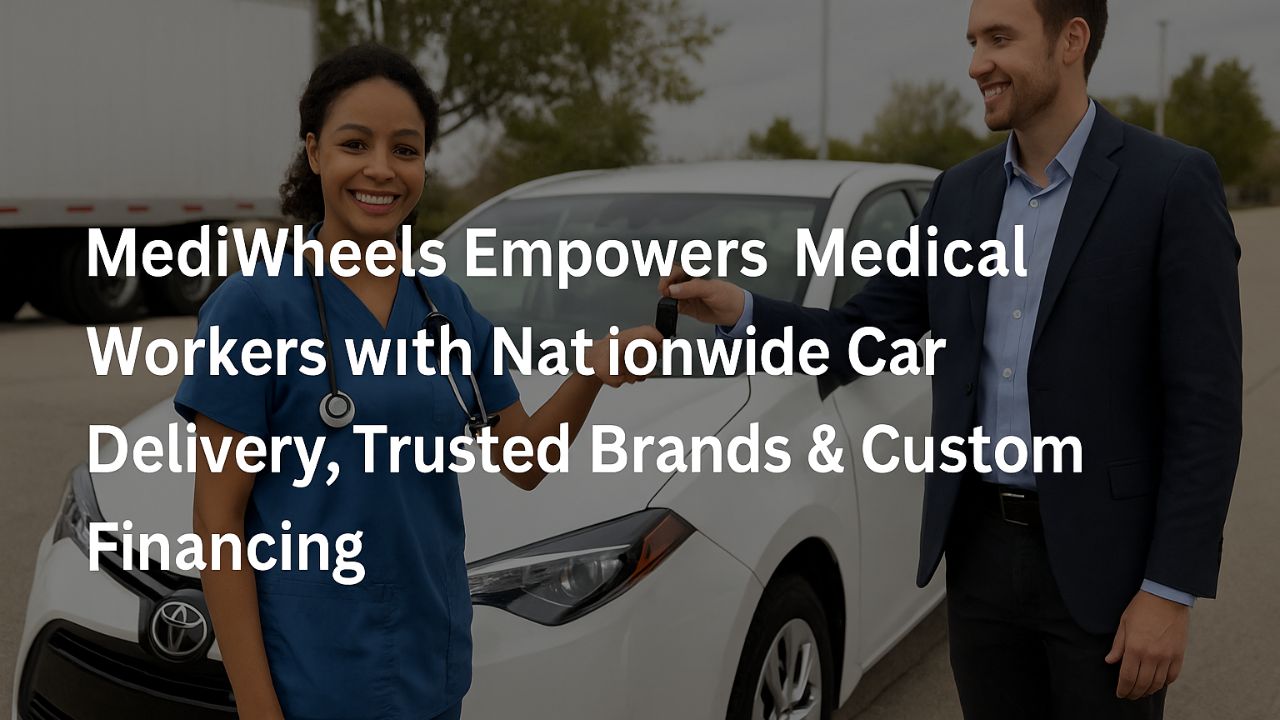Mobile Health Units – In today’s fast-paced world, access to timely and reliable healthcare is not just a luxury—it’s a necessity. The traditional ambulance system has served as a lifeline in emergencies, but modern healthcare demands more than just point-to-point transport. Enter MediWheels—a pioneering initiative that is transforming the very fabric of medical transportation across urban and rural landscapes. What started as a basic ambulance service has now evolved into a sophisticated network of Mobile Health Units (MHUs), emergency response teams, and community outreach vehicles. MediWheels is not just driving patients to hospitals; it’s driving innovation, access, and equitable healthcare.
The Evolution from Ambulances to MHUs
Initially launched as an on-demand ambulance service, MediWheels quickly identified critical gaps in the healthcare transportation chain. Rural communities lacked emergency services. Urban areas suffered from slow response times. Many chronic patients missed appointments due to mobility issues.
To tackle these challenges, MediWheels expanded into Mobile Health Units—vehicles equipped with diagnostic tools, medicines, medical staff, and telemedicine capabilities. These units are capable of:
- Conducting primary health check-ups
- Providing maternal and child healthcare
- Offering chronic disease management (diabetes, hypertension)
- Carrying out vaccination and screening drives
- Supporting emergency care and stabilization
By placing care on wheels, MediWheels has made healthcare accessible at the doorstep of those who need it most.
Technological Backbone
MediWheels has embedded smart technology into every part of its operation. Some standout innovations include:
- GPS-enabled Fleet Management: All vehicles are tracked in real time to ensure optimized routing and faster response.
- Mobile App for On-Demand Bookings: Patients, caregivers, and hospitals can book an ambulance or MHU via a user-friendly mobile app, 24/7.
- Electronic Health Records (EHRs): MHUs are equipped with tablets that store and sync patient data to a secure cloud. This means instant access to medical history, reducing duplication and delays.
- Telemedicine Capabilities: Each MHU is linked to a network of doctors through live video consultations, helping frontline paramedics make faster, more accurate decisions.

MediWheels
Focus on Underserved Communities
One of MediWheels’ proudest achievements is its targeted outreach to underserved populations. In many low-income neighborhoods and rural belts, visiting a clinic means traveling for hours—something many simply cannot afford.
MediWheels now operates:
- Rural Health Missions: Weekly visits to remote villages where no permanent health infrastructure exists.
- Urban Slum Clinics on Wheels: Free or low-cost consultations, lab tests, and medicines for the marginalized.
- School Health Programs: Regular checkups for children in government and low-income schools, including nutrition assessments and eye screenings.
This democratization of healthcare transport is closing the gap between privilege and poverty.
Emergency Care Reimagined
While expanding into preventive and primary care, MediWheels has not abandoned its roots in emergency response. In fact, it has redefined what an ambulance should offer.
- Advanced Life Support (ALS) Units: These ambulances come with ventilators, defibrillators, ECG machines, and trained EMTs.
- Golden Hour Protocol: A proprietary AI algorithm assigns the nearest vehicle to any emergency call and maps the fastest route, drastically cutting down response time.
- Hospital Tie-Ups: MediWheels has partnerships with both government and private hospitals, ensuring seamless admission and handover once a patient is transported.

Mobile Health Units (1)
Sustainability & Future Roadmap
As part of its vision for sustainable healthcare, MediWheels has begun introducing electric vehicles (EVs) in its fleet. These EV-based MHUs reduce carbon footprint and operational costs in the long run.
Additionally, the company is exploring:
- Drone-Assisted Medical Deliveries: For areas inaccessible by road.
- AI-based Predictive Analytics: To identify health risk zones based on data from remote units.
- Healthcare-as-a-Service (HaaS): Subscription-based health checkups and home visits for senior citizens and chronic patients.
By 2027, MediWheels aims to cover 20,000 villages, deploy over 5,000 MHUs, and integrate with government health missions like Ayushman Bharat and PM-JAY.
Real-Life Impact Stories
- Rural Outreach in Bihar: An elderly woman with untreated diabetes finally received insulin therapy through a MediWheels MHU that visited her village every Tuesday. Her blood sugar is now under control.
- School Screening in Maharashtra: A 9-year-old girl was diagnosed with a congenital heart defect during a school screening. MediWheels facilitated her transport and surgery at a partner hospital—free of cost.
- Golden Hour Rescue in Delhi NCR: A man who suffered a massive cardiac arrest was revived and transported to a hospital within 14 minutes, thanks to the ALS unit and trained paramedics.
MediWheels is not just reinventing medical transportation—it is redefining access to healthcare in India and beyond. By blending technology, compassion, and mobility, it proves that healthcare can be both innovative and inclusive.
As we move into a future where every second counts, services like MediWheels will play a critical role in saving lives, delivering care, and empowering communities.
Frequently Asked Questions (FAQs)
- What is a Mobile Health Unit (MHU)?
A Mobile Health Unit is a van or truck equipped with medical equipment, doctors, and support staff to provide healthcare services in remote or underserved areas. - How can I book a MediWheels ambulance or health unit?
You can book services via their mobile app or helpline number, available 24/7 for both emergencies and routine visits. - Does MediWheels operate in rural areas?
Yes, MediWheels actively serves rural villages through scheduled visits and rural health missions. - Is MediWheels a government service?
No, it is a private initiative but often partners with government schemes and hospitals to enhance outreach and affordability. - Are the services free?
Some services—especially those under outreach and health camps—are free or subsidized. Others, like private ambulance bookings, may be chargeable depending on the distance and type of service.






